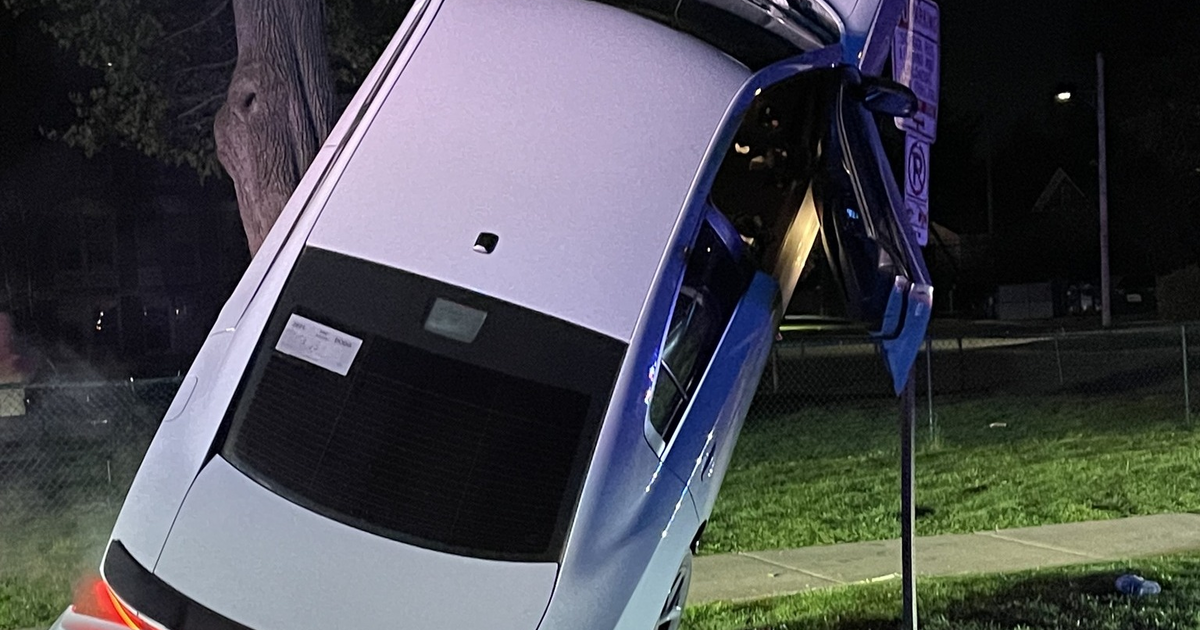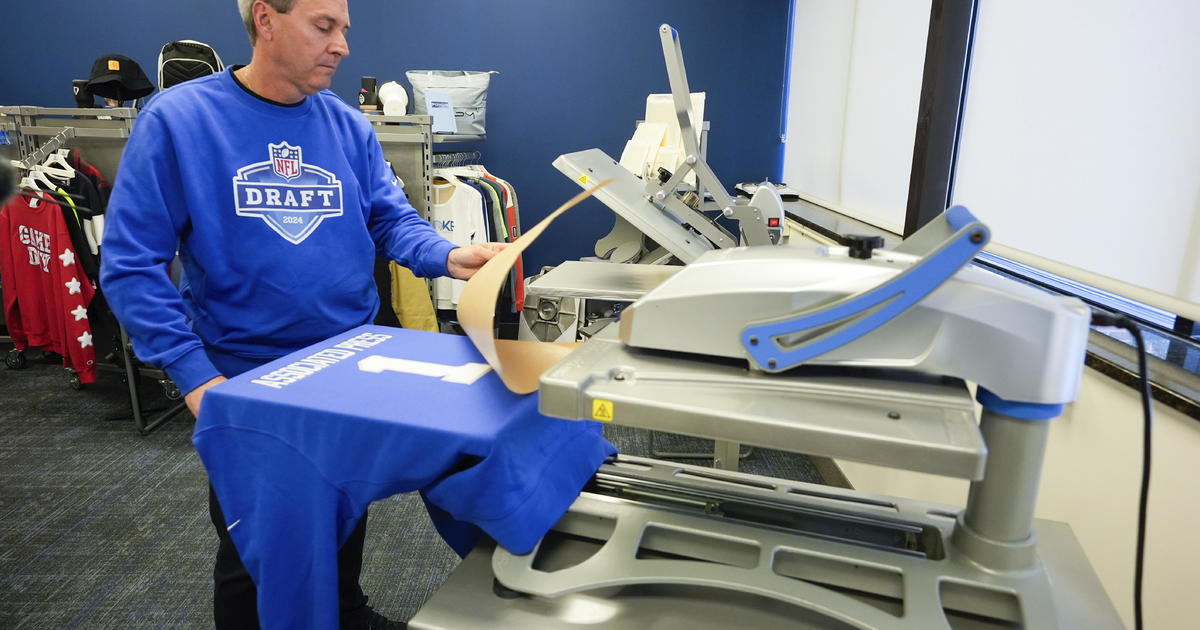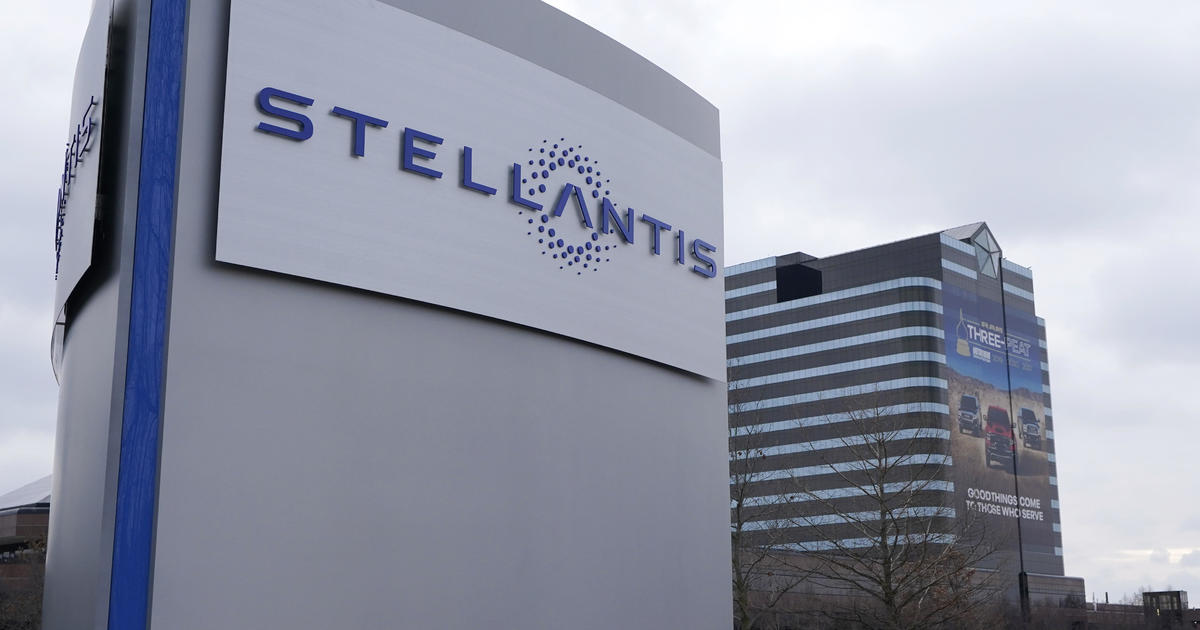Illinois Company Buys A123 Systems Government Business, Ann Arbor Labs
WOODRIDGE, Ill. -- Navitas Systems LLC, a provider of energy systems and energy storage products for commercial, industrial and government customers, announced that the United States Bankruptcy Court for the District of Delaware has approved the sale of A123 Systems' Ann Arbor-based government business, including all U.S. military contracts, for $2.3 million.
A123 is a developer and manufacturer of advanced nanophosphate lithium iron phosphate batteries and systems for the transportation, electric grid, commercial and government markets, technology developed in part at the University of Michigan.
"In our due diligence of A123's government business leading up to last week's auction, we received detailed briefings on the impressive depth and breadth of A123's proprietary nanophosphate lithium ion battery chemistry and other advanced technologies being developed for critical government and military applications," said Navitas chairman and founder Alan El-Shafei. "Based on this group's robust and vital technology roadmap, we're absolutely committed to invest in the people and infrastructure needed to continue delivering outstanding U.S.-designed battery solutions to military and government customers."
Navitas officials said the company intends to continue to invest in the Ann Arbor research and development center to enhance its focus on advanced chemistry batteries and low-volume cell manufacturing. The closing on this transaction is expected in early 2013.
"The suite of advanced battery technologies coming soon to military and government agencies is being developed by an even more impressive group of world-class scientists and engineers," said Navitas CEO and owner Nancie El-Shafei. "We're determined to maintain and grow this organization as a strategic asset in maintaining U.S. competitiveness."
Navitas officials said they view the dual locations of both Ann Arbor and Woodridge, Ill. to be a unique advantage in developing specialized applications for the government and military given the need to keep pushing the boundaries in terms of energy stored per unit weight and size.
"We purposefully sited our headquarters just outside the expansive campus of the Department of Energy's Argonne National Laboratories," said Navitas vice president of strategic initiatives Thomas Golab. "Over the years, our team has developed a good working relationship with Argonne's advanced battery personnel, and we see this as an additive opportunity for both organizations. With the recent announcement by the DOE to locate the Energy Hub at Argonne -- combined with the acquisition of A123's advanced R&D facilities in Ann Arbor -- we find ourselves literally and ideally positioned to maintain, attract, and interact with the scientific talent needed to compete on a world stage."
James Greenberger, executive director of the National Alliance of Advanced Technologies Batteries, called the sale "good news for the U.S. advanced battery industry. I have known Alan ElShafei and his team at Navitas ... for many years. Alan has been a quiet success in the industry during a time when others were dominating the news. I'm sure that we will be hearing a lot more about Navitas Systems in the future, and all of us at NAATBatt wish them great success."
Navitas Systems, founded in 2010, is a woman-owned small business based in a 100,000 -square-foot plant with local and offshore partners and solid financial stability.
More at www.navitassys.com.
The commercial part of A123 was sold at banrkutpcy auction for $256.6 million to the Chinese auto parts maker Wanxiang Group, besting a lower bid from Milwaukee-based Johnson Controls Inc. Wanxiang and A123 told The Washington Post that Wanxiang would be keeping A123′s American operations running and would not move those jobs overseas.
A123 has about 1,000 employees in the United States, including plants in Livonia and Romulus.
Waltham, Mass.-based A123, which makes lithium ion batteries for electric cars, grid storage and commercial and military applications, was awarded a $249 million grant from the Department of Energy in August 2009 to help it build U.S.
factories. About $130 million of that grant was delivered before the company overestimated the initial market for electric cars.
In September 2009, it also held a successful initial public offering, raising $380 million as its stock gained more than 50 percent, to close over $20. Shares closed at 13 cents the session before it filed for bankruptcy protection.
Despite opening several plants, developing highly-touted new technology, including a battery that could operate in extreme heat or cold, and signing deals with top automakers like General Motors, Chrysler and India's Tata Motors, the company never posted a profit. In August, it reported an $83 million loss for the second quarter. At the same time, A123 said it reached a financing deal with Wanxiang Group for up to $450 million to help it stay afloat.
But still short of cash, the company sought bankruptcy protection in October, and said it would sell its automotive unit to Milwaukee-based auto parts marker Johnson Controls Inc. for $125 million.
Wanxiang challenged Johnson Controls' role as the primary bidder, and stepped in to provide bankruptcy financing to
when the U.S. company declined to do so. In a statement Sunday, Johnson Controls said it officially withdrew from the auction when it declined to match Wanxiang's bid, because the price was higher than the value of the assets to its operations.
The Associated Press contributed to this report.



